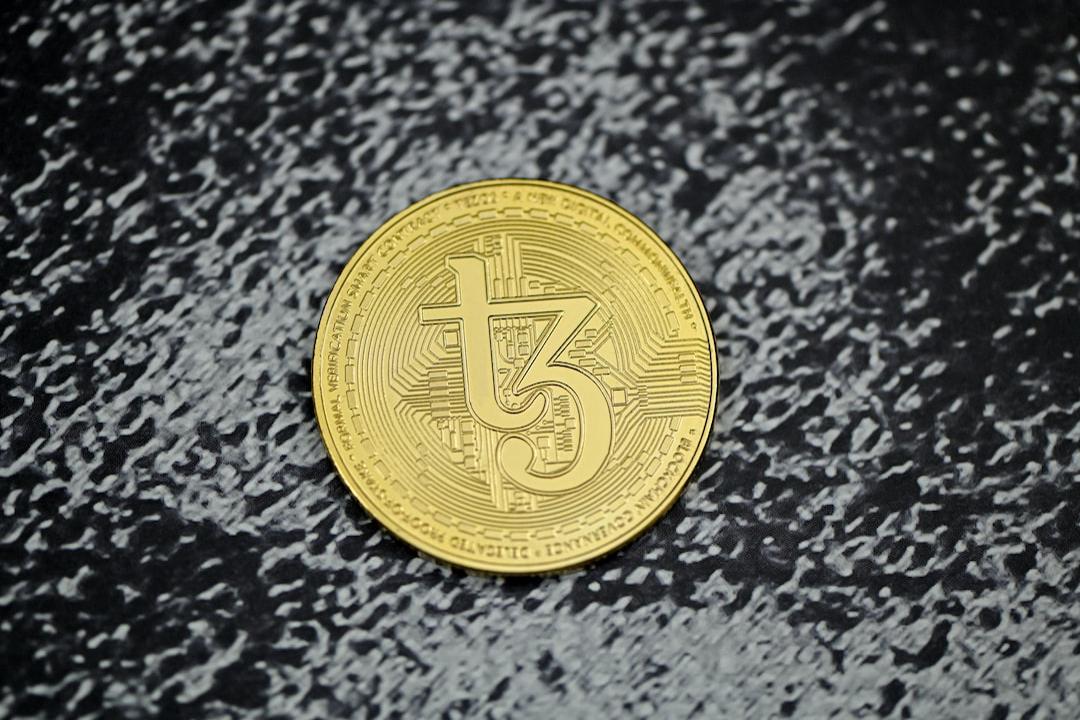The European Union has adopted a new Anti-Money Laundering Regulation (AMLR) aiming to reshape privacy norms in cryptocurrency transactions.
Set to take effect from July 1, 2027, this regulation will ban anonymous wallets and privacy-enhancing altcoins within the EU. Transactions over one thousand Euros will mandate full identity verification. This decision will dramatically alter the habits of individual investors and the business models of cryptocurrency exchanges operating in Europe.
Farewell to Anonymous Wallets
AMLR targets making cryptocurrency transactions fully traceable. Regardless of the platform—banks, applications, or exchanges—users will need to complete the Know Your Customer (KYC) process. Anonymous accounts will become a relic of the past. The aim is to identify illegal fund transfers early and tighten financial oversight. Investors valuing privacy will likely shift their view of the European market significantly.

More strikingly, all privacy-focused altcoins will be delisted and removed from platforms. Popular projects like Monero (XMR), Zcash (ZEC), and Dash (DASH) cannot be traded within Europe from 2027. Investors holding these coins will have to convert their assets or transfer them to wallets outside the EU prior to the ban; otherwise, exchanges will refuse transactions.
A New Regulatory Body, AMLA, is Forming
To ensure compliance, the EU is establishing a new body, the Anti-Money Laundering Authority (AMLA). By 2027, approximately 40 major cryptocurrency platforms, operating in at least six member states, will report directly to this authority. Companies with transaction volumes exceeding one million Euros or serving over 20,000 clients in a single country will be scrutinized closely.
Over the next two years, platforms will update their infrastructures according to AMLA standards. Investors, in turn, should review their privacy-focused altcoin portfolios and devise long-term compliance strategies. Upon enforcement of the regulation, access to unregistered wallets will be blocked, making transaction sending impossible.


